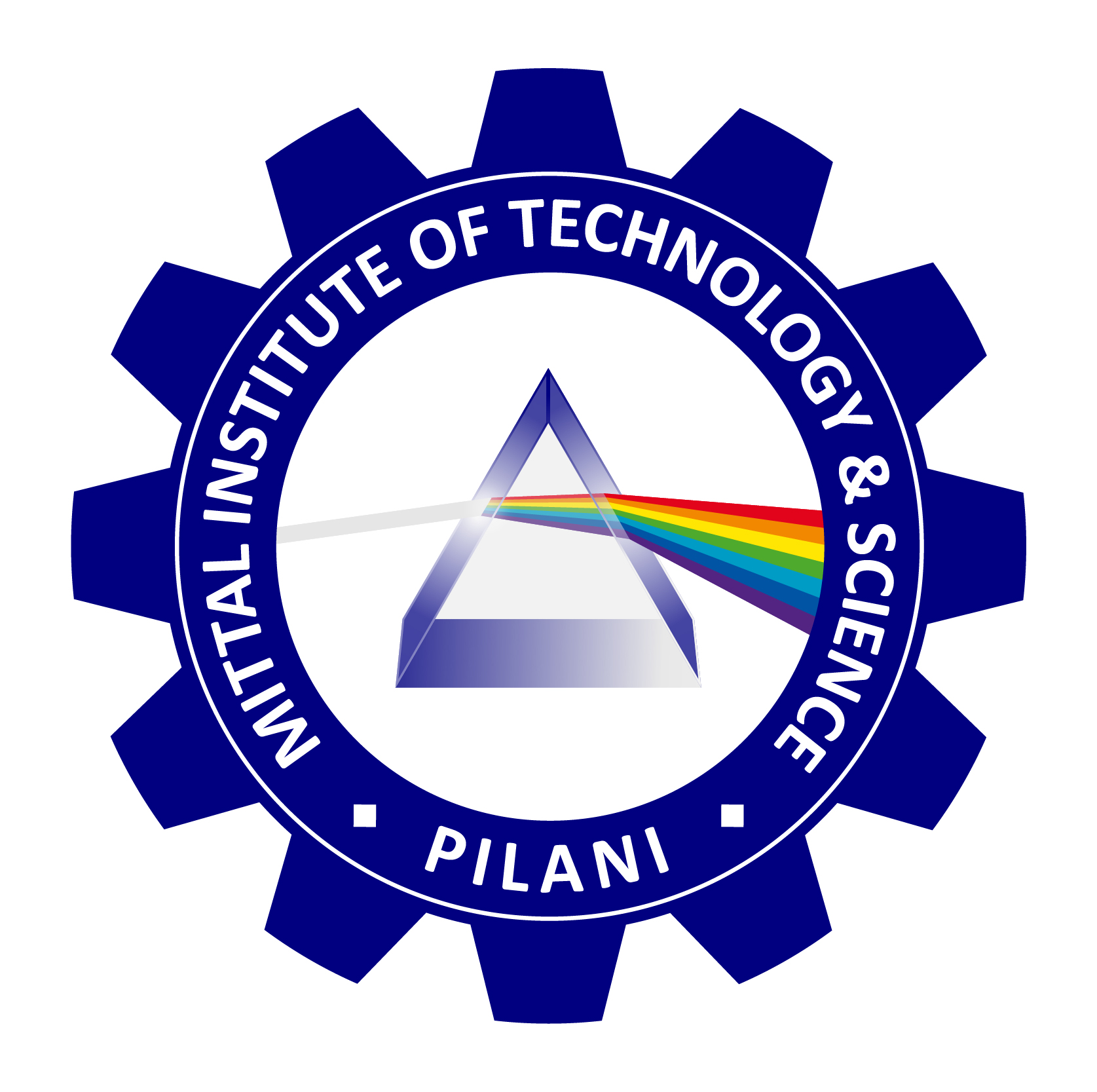Applications of Data Science in Precision Medicine
Precision medicine is a revolutionary approach to healthcare that seeks to tailor medical treatment to the individual characteristics of each patient, including genetic makeup, environmental factors, and lifestyle choices. Rather than adopting a one-size-fits-all approach, precision medicine allows clinicians to develop more personalized and effective treatment plans. Data science plays a pivotal role in this transformation, enabling the collection, analysis, and interpretation of vast amounts of health data. The integration of data science into precision medicine has the potential to enhance disease diagnosis, treatment efficacy, and patient outcomes. This essay will explore key applications of data science in precision medicine, including genomics, predictive modeling, drug discovery, and healthcare delivery.
- Genomics and Personalized Treatment
One of the primary applications of data science in precision medicine is in genomics, where the goal is to identify genetic variations that influence individual responses to treatments. Genomics data, such as DNA sequencing, provides insights into mutations and genetic risk factors that can affect a patient’s likelihood of developing certain diseases. Data science techniques, including machine learning and bioinformatics, are essential for analyzing these massive genomic datasets.
For example, in cancer treatment, data science is used to identify specific genetic mutations driving tumor growth. This allows clinicians to match patients with targeted therapies, such as tyrosine kinase inhibitors, that are more likely to be effective based on the patient’s unique genetic profile. By analyzing genomics data, data science helps create personalized treatment plans, reducing trial-and-error approaches and improving outcomes.
- Predictive Modeling for Disease Risk
Another key application of data science in precision medicine is predictive modeling, which helps identify individuals at higher risk of developing certain diseases. Predictive models use large datasets, including clinical data, genetic information, and environmental factors, to assess the likelihood of future disease occurrence.
For instance, data scientists can develop algorithms that analyze patterns in patient health records to predict the risk of heart disease, diabetes, or cancer. These models can consider a wide range of variables, such as family history, biomarkers, and lifestyle habits. By leveraging machine learning techniques, data science enables healthcare providers to proactively identify high-risk patients and implement preventive measures, such as lifestyle interventions or early screening, ultimately reducing the incidence of severe diseases.
- Drug Discovery and Development
Data science is transforming the process of drug discovery and development, making it faster and more cost-effective. Traditionally, the process of developing a new drug involves lengthy and expensive clinical trials. However, data science can accelerate this process by analyzing large datasets from genomics, proteomics, and clinical trials to identify promising drug candidates.
For example, artificial intelligence (AI) and machine learning algorithms can sift through vast chemical compound databases to predict which molecules are likely to be effective against specific diseases. These algorithms can also predict potential side effects and interactions, allowing researchers to prioritize the most promising candidates for further development. Additionally, data science plays a role in designing adaptive clinical trials, which adjust trial parameters in real-time based on patient responses, thus speeding up the approval of new drugs.
- Precision Diagnostics and Biomarker Discovery
Data science is also enhancing diagnostic capabilities through the discovery of new biomarkers—biological indicators that signal the presence or progression of a disease. By analyzing vast amounts of patient data, including molecular, imaging, and clinical data, data science can help identify novel biomarkers that are specific to different conditions or stages of disease.
For example, in Alzheimer’s disease, data science techniques are being used to analyze brain imaging data and identify early-stage biomarkers that could predict the onset of the disease before symptoms appear. This early diagnosis allows for timely interventions and treatment adjustments, which can slow disease progression. Similarly, in oncology, biomarkers identified through data science approaches help clinicians detect cancers at earlier stages and track the effectiveness of treatment in real time.
- Personalized Treatment Plans and Patient Monitoring
Another important application of data science in precision medicine is the development of personalized treatment plans based on real-time patient data. Wearable devices, such as smartwatches and fitness trackers, generate a continuous stream of health data, including heart rate, blood pressure, and activity levels. Data science techniques can analyze these data streams to monitor patients’ health and detect deviations from normal patterns.
For example, in the management of chronic conditions like diabetes, continuous glucose monitors (CGMs) provide real-time data on blood sugar levels. Machine learning algorithms analyze this data to help patients and their doctors adjust insulin doses and diet plans based on individual responses. Additionally, data-driven systems can send alerts to healthcare providers if a patient’s condition worsens, enabling timely interventions and preventing complications.
- Population Health and Public Health Interventions
Data science is not only useful on the individual level but also has broader applications in population health. By analyzing large datasets from diverse populations, data scientists can uncover trends and patterns that inform public health interventions. These insights can help identify risk factors for certain diseases, track the spread of infectious diseases, and inform strategies for disease prevention and control.
For example, during the COVID-19 pandemic, data science was instrumental in tracking the spread of the virus, predicting outbreaks, and modeling the effects of various public health interventions, such as lockdowns and vaccination campaigns. Data science can also be used to evaluate the effectiveness of public health policies and ensure that interventions are targeted toward populations at the highest risk.
Data science is revolutionizing precision medicine by enabling the analysis of complex, high-dimensional datasets that provide insights into individual health characteristics and disease mechanisms. From genomics-driven personalized treatment to predictive modeling for disease risk, data science is helping to create more tailored and effective healthcare interventions. It also plays a critical role in accelerating drug discovery, improving diagnostics, and optimizing patient monitoring and care. As data science continues to advance, its integration into precision medicine will lead to even more precise, personalized, and proactive healthcare, ultimately improving patient outcomes and transforming the way we approach medical treatment.
